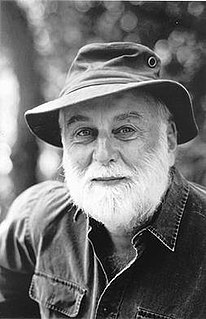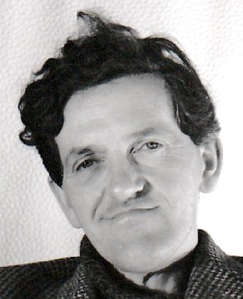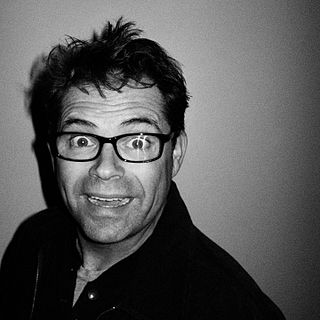A Quote by George Eliot
When we are dead : it is the living only who cannot be forgiven the living only from whom men's indulgence and reverence are held off, like the rain by the hard east wind .
Related Quotes
The circumstances of the world are continually changing, and the opinions of men change also; and as government is for the living, and not for the dead, it is the living only that has any right in it. That which may be thought right and found convenient in one age, may be thought wrong and found inconvenient in another. In such cases, who is to decide, the living, or the dead?
The fact is that no species has ever had such wholesale control over everything on earth, living or dead, as we now have. That lays upon us, whether we like it or not, an awesome responsibility. In our hands now lies not only our own future, but that of all other living creatures with whom we share the earth.
The third class consists of men to whom nothing seems great but reason. If force interests them, it is not in its exertion, but in that it has a reason and a law. For men of the first class, nature is a picture; for men of the second class, it is an opportunity; for men of the third class, it is a cosmos, so admirable, that to penetrate to its ways seems to them the only thing that makes life worth living. These are the men whom we see possessed by a passion to learn.
It is always there, of course, when you come back from the green world. You have been living by sunrise and sunset, by wind and rain, surrounded by the ebb and flow of lives that respond only to such simple, rhythmic elements. But now the tone and tempo of the days switch. Instead of harmony, jangle.
Society is indeed a contract. It is a partnership in all science; a partnership in all art; a partnership in every virtue, and in all perfection. As the ends of such a partnership cannot be obtained in many generations, it becomes a partnership not only between those who are living, but between those who are living, those who are dead, and those who are to be born.
Life cannot be cut off quickly. One cannot be dead until the things he changed are dead. His effect is the only evidence of his life. While there remains even a plaintive memory, a person cannot be cut off, dead. And he thought, “It’s a long slow process for a human to die. We kill a cow, and it is dead as soon as the meat is eaten, but a man’s life dies as a commotion in a still pool dies, in little waves, spreading and growing back toward stillness.
Whatsoever causes no annoyance when it is present, causes only a groundless pain in the expectation. Death, therefore, the most awful of evils, is nothing to us, seeing that, when we are, death is not come, and, when death is come, we are not. It is nothing, then, either to the living or to the dead, for with the living it is not and the dead exist no longer.






































